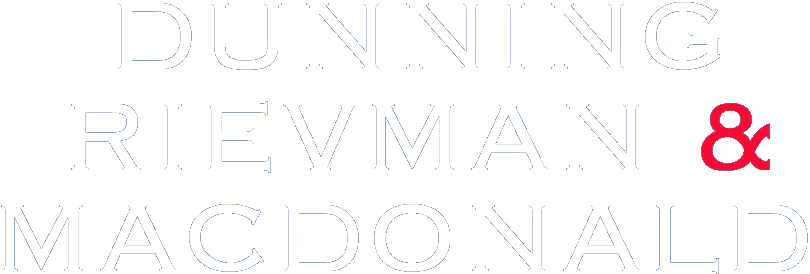Dunning Rievman is proud to have won a significant victory for our client, an ascendant privately held cookware company, following a 17-day arbitration hearing. The company and its two co-founders/owners were sued by Claimant, their former business partner, whom the company bought out by redeeming his shares in 2018. After the buyout was fully funded, the Claimant hacked into the company’s bank account, decided it had too much money and alleged he had been defrauded. When months of negotiations failed to bring about resolution, Claimant brought the arbitration, asserting a belated claim for rescission, or seeking $26 million in the alternative, claiming breach of fiduciary duty, fraudulent concealment, fraudulent misrepresentation, negligent misrepresentation and breach of contract.
The arbitration panel denied Claimant’s claims for fraudulent concealment, fraudulent misrepresentation, breach of fiduciary duty and breach of contract in their entirety. The panel also found that Claimant’s claim for rescission was barred and awarded only nominal damages for one count of negligent misrepresentation. At the same time, the panel found for our clients on their claim that the Claimant breached the fiduciary duty he owed to the company and awarded damages to our clients for the Claimant’s hacking of the company’s bank account.
Josh Rievman tried the case for Dunning Rievman, with assistance from DR’s James Montgomery, along with California counsel Kevin Rising and Garrett Llewellyn of Barnes & Thornburg, and relied on the expert testimony on the value of the Company offered by Pamela O’Neill and David Benick of Cushman & Wakefield, which the panel accepted over Claimant’s experts.

